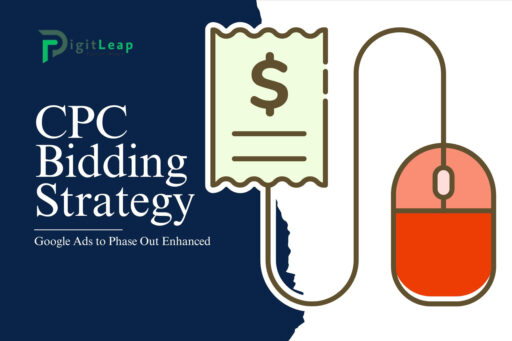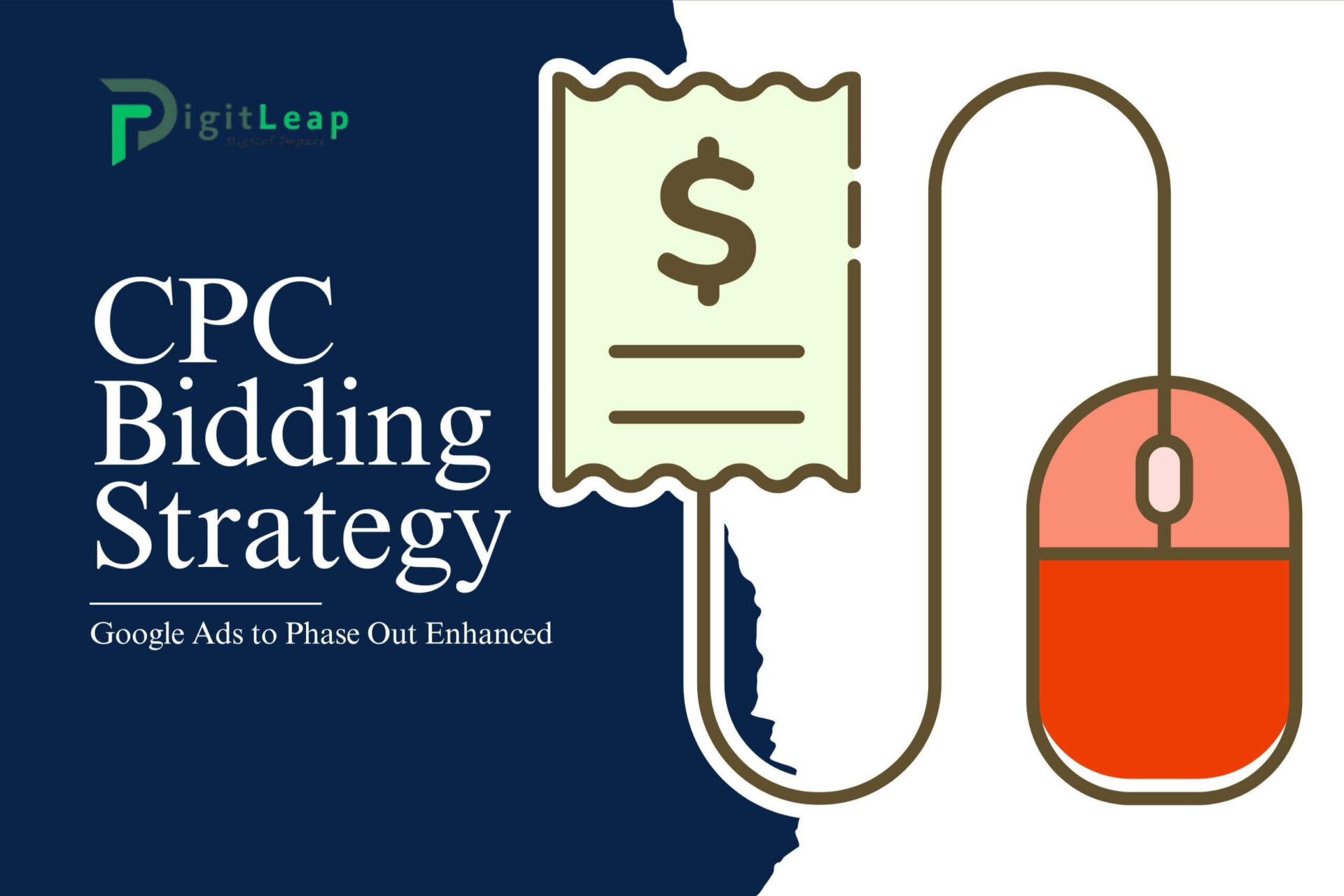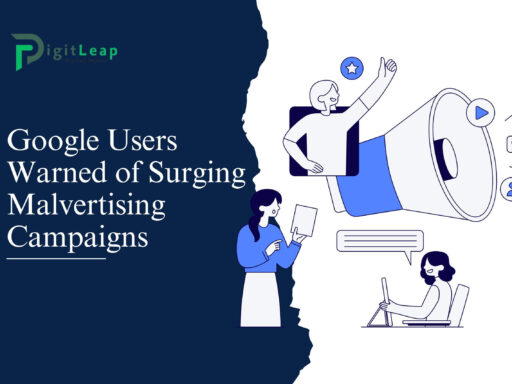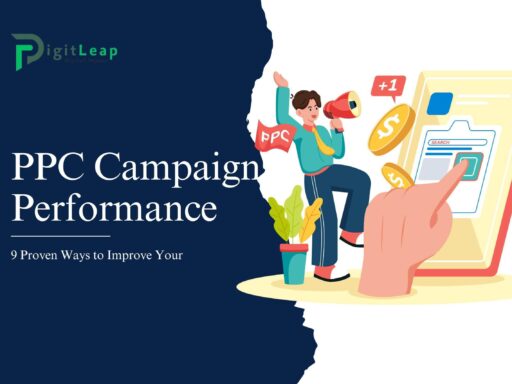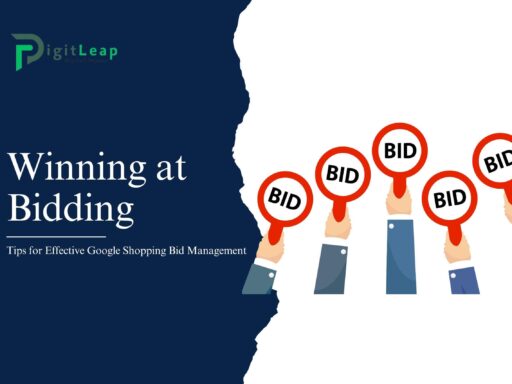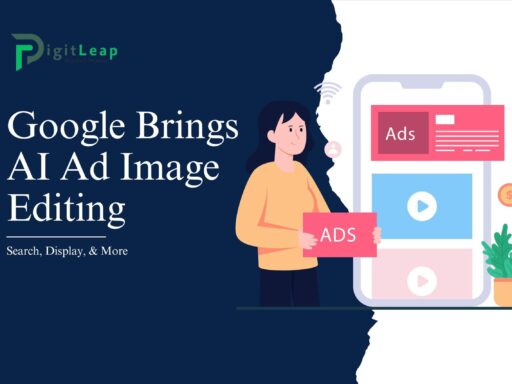Google Ads to Phase Out Enhanced CPC Bidding Strategy
Google is constantly evolving its advertising platform, and one of the latest changes on the horizon is the phase-out of Enhanced CPC (Cost-Per-Click) bidding. This shift is part of Google’s broader move toward more advanced, fully automated bidding strategies powered by machine learning. For many advertisers, Enhanced CPC has been a go-to bidding strategy, allowing a balance between manual control and automated adjustments. But as Google Ads becomes increasingly automated, it’s important to understand what this change means and how to adapt your campaigns moving forward.
In this article, we’ll break down what Enhanced CPC is, why it’s being phased out, and how businesses can adjust to this new reality in Google Ads.
What Is Enhanced CPC?
Enhanced CPC (eCPC) is a bidding strategy in Google Ads that allows advertisers to set manual bids for their keywords while giving Google the flexibility to automatically adjust those bids in real-time. The goal of eCPC is to increase conversions without significantly raising your overall spend. When Google’s algorithm predicts that a click is more likely to lead to a conversion, it raises the bid for that auction. If the click seems less likely to convert, it lowers the bid.
For a long time, eCPC was a popular choice for advertisers who wanted to maintain control over their bids while benefiting from some level of automated optimization. It’s been particularly useful for campaigns focused on driving conversions, without fully switching to automated bidding.
Why Is Google Phasing Out Enhanced CPC?
Google’s decision to phase out Enhanced CPC is part of its ongoing transition toward more sophisticated, fully automated bidding strategies such as Target CPA (Cost-Per-Acquisition), Maximize Conversions, and Target ROAS (Return on Ad Spend). These advanced bidding options use machine learning to optimize bids in real-time based on a wide range of factors, from user behavior to time of day.
There are several reasons why Google is making this shift:
- Improved Efficiency Through Full Automation: Google wants to reduce the complexity of managing ad campaigns. Fully automated bidding strategies like Maximize Conversions allow advertisers to focus on broader campaign goals rather than manually managing bids. Enhanced CPC still required some manual input, but by moving to fully automated strategies, Google is making it easier for advertisers to optimize their campaigns.
- More Accurate Predictions: Google’s machine learning algorithms have become more advanced, allowing them to make better predictions about which clicks are most likely to convert. Fully automated strategies can take advantage of more data points than eCPC, including real-time user intent signals, and therefore have the potential to generate better results.
- Focus on Conversions and Value: By pushing advertisers toward fully automated bidding strategies like Target CPA or Maximize Conversions, Google encourages a focus on conversions and overall campaign performance rather than just clicks. This aligns with the broader trend in digital advertising toward measuring success by actual results (conversions, sales, etc.) rather than just website visits.
What Does This Mean for Advertisers?
If you’ve been using Enhanced CPC in your campaigns, this change might feel disruptive, but it also presents an opportunity to explore more powerful bidding strategies that can help improve your campaign performance.
Here’s what you can do to adjust:
1. Transition to Automated Bidding Strategies
Since Enhanced CPC will no longer be an option, you’ll need to shift to one of Google’s fully automated bidding strategies. The best option for your business will depend on your campaign goals:
- Maximize Conversions: If your primary focus is on getting as many conversions as possible within your budget, this is a great option. Google will automatically adjust bids to get the highest number of conversions.
- Target CPA: This strategy allows you to set a target cost per acquisition, and Google’s algorithm will optimize your bids to try and achieve that target. It’s ideal if you know the exact amount you’re willing to spend to acquire a new customer or lead.
- Target ROAS: If your business is focused on maximizing the return on your ad spend, this strategy ensures that Google optimizes bids to deliver the highest possible ROAS based on your target percentage.
2. Monitor Campaign Performance Closely
Whenever you switch from one bidding strategy to another, there’s a learning period as Google’s algorithms adjust to your campaign’s goals. During this transition, it’s important to monitor your campaign performance closely. Look for changes in your conversion rate, CPA, and overall spending to ensure that the new strategy is working as expected.
While automated bidding can lead to improved performance, it’s not a set-it-and-forget-it solution. Keep an eye on the metrics that matter most to your business and make adjustments as needed.
3. Leverage Audience Data
Google’s fully automated bidding strategies work best when they have a lot of data to optimize against. To get the most out of strategies like Target CPA or Maximize Conversions, make sure you’re leveraging audience data effectively.
Use audience targeting or remarketing lists to help Google identify the users who are most likely to convert. The more relevant your audience data, the better Google’s algorithms can optimize your bids for those users.
4. Test and Optimize
Just because Enhanced CPC is being phased out doesn’t mean you should stop testing different bidding strategies. Now is the perfect time to experiment with automated bidding to see which option delivers the best results for your business. Try running campaigns with Maximize Conversions, Target CPA, and even Maximize Clicks if you’re looking to drive traffic, and then compare the results.
Over time, you’ll gain valuable insights into which strategy works best for your specific goals, and you can fine-tune your approach to improve performance.
Potential Pitfalls to Avoid
As with any transition, there are potential pitfalls that advertisers should be aware of when moving away from Enhanced CPC:
- Losing Control Over Bids: One downside of fully automated bidding is that you’ll lose some of the manual control you had with Enhanced CPC. If you’re used to adjusting bids for specific keywords, you may feel less hands-on with automated strategies.
- Over-Reliance on Automation: While Google’s machine learning algorithms are highly advanced, they’re not perfect. It’s essential to regularly review your campaign performance and not rely solely on automation to handle everything. Make sure the results align with your business goals, and adjust your targeting, budget, or strategy as needed.
- Longer Learning Periods: When you switch to a new bidding strategy, there’s usually a learning period where Google’s algorithm gathers data before it starts optimizing effectively. Be patient and give the new strategy some time to perform before making further changes.
Conclusion
The phase-out of Enhanced CPC marks a significant shift in Google Ads’ approach to bidding strategies, as the platform moves toward more automation and machine learning-based solutions. While this may require some adjustments, advertisers can take advantage of more advanced tools like Target CPA, Maximize Conversions, and Target ROAS to improve campaign performance and efficiency.
At DigitLeap, we understand that navigating changes in the digital advertising landscape can be challenging. Our team is here to help businesses smoothly transition to these new bidding strategies and optimize their campaigns for the best possible results. Let us help you make the most of Google’s evolving tools and drive success in your next advertising campaign.

